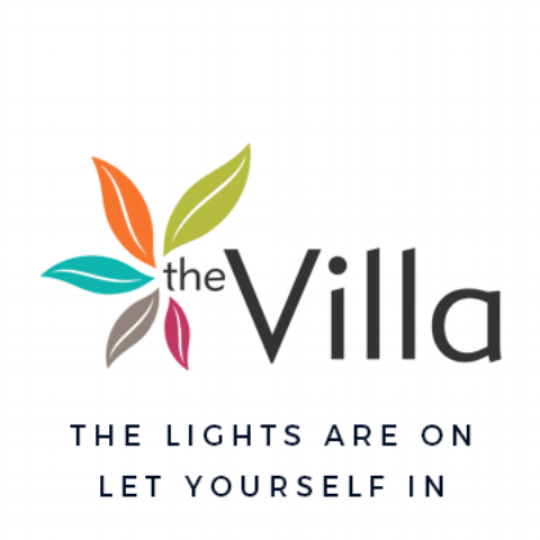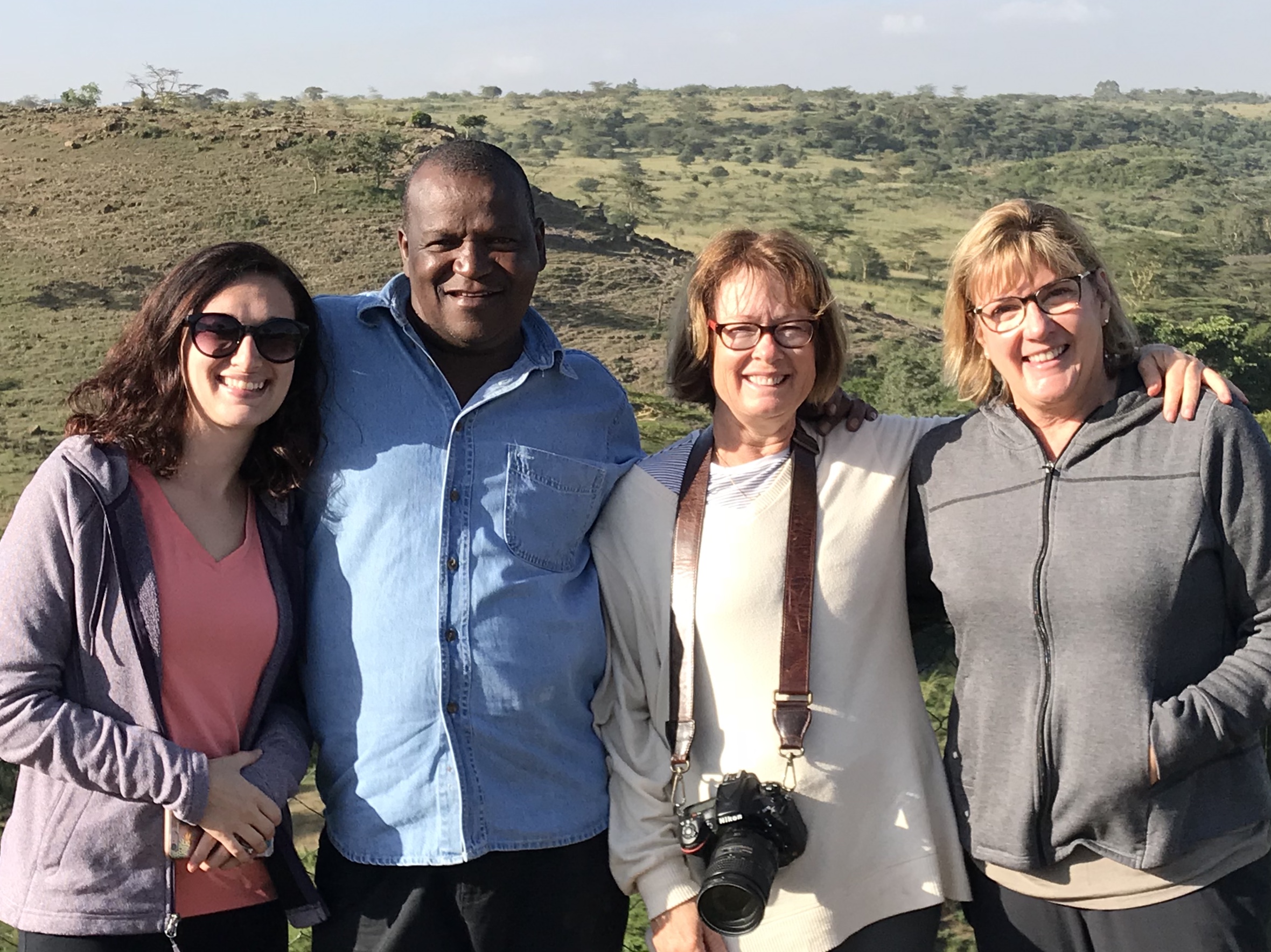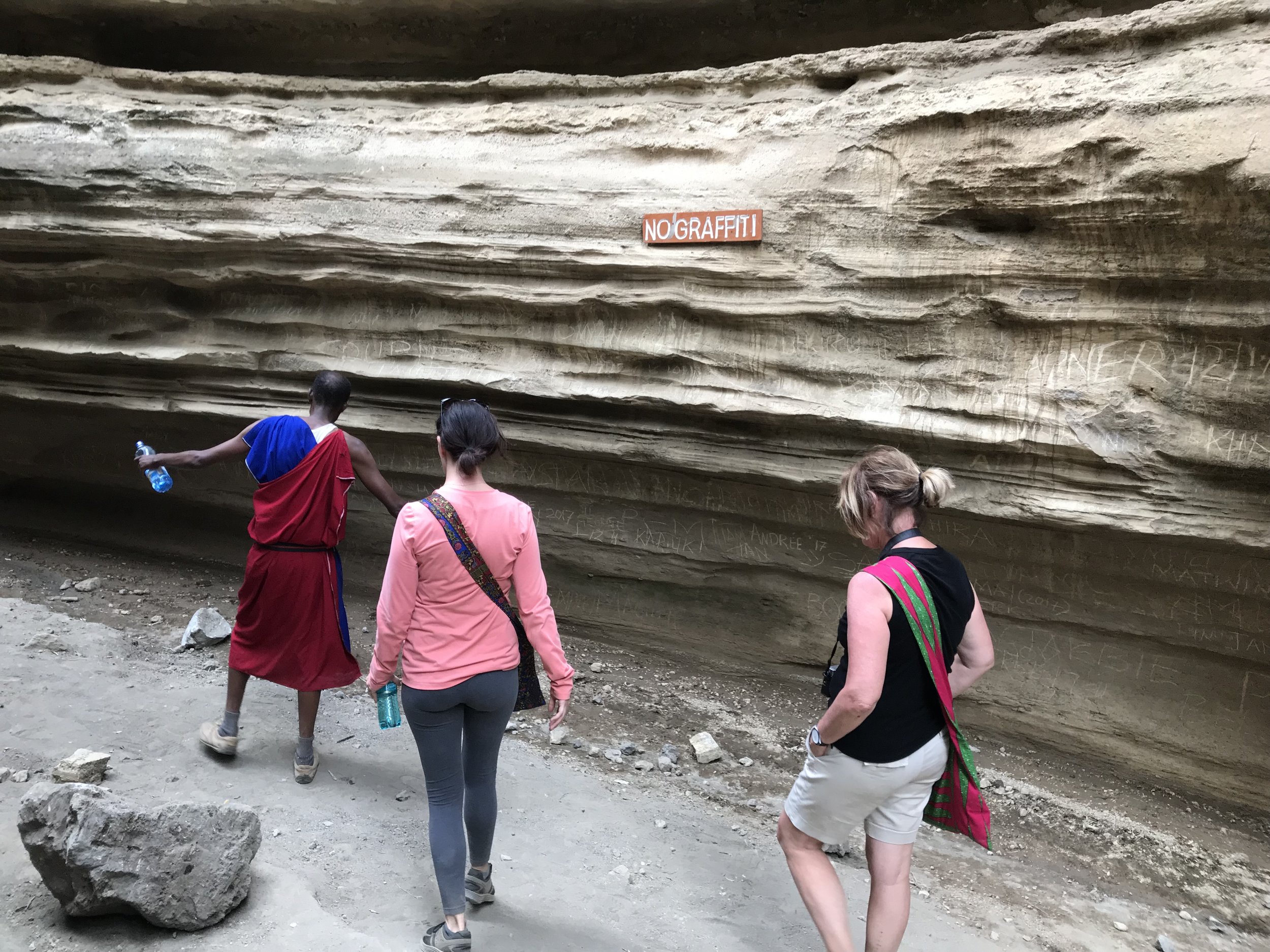My Second Mid-Life Crisis: How To Survive the Roller Coaster of Aging | CAROL
I just turned 60 in December. SIXTY. YEARS. OLD. That makes me a “Sexagenarian”, a title I’m not sure I really like. My first mid-life crisis happened when I was 40. Back then, I couldn’t imagine that the next 20 years would fly by so quickly and, besides, I was too consumed with noticing the first line forming on my face. Sixty just didn’t seem possible. Until it was here.
Granted, I had a pretty great birthday.
I was in Kenya with The Villa crew, working with some amazing women from the United Nations World Food Programme. I had the chance, too, to photograph the Girls on Fire Leaders and their mentors, while Merrilee, Meagan and Maggy taught these smart and dedicated teenage girls leadership skills.
It was a time I’ll always remember, as I ushered in my I-Can’t-Believe-I’m-60 birthday.
These decade milestone birthdays are tough ones for many of us, especially when how we feel does not match up with our associations of age.
I remember when my grandmother turned 50 and said that she was “half a hundred.” That blew my mind! I thought she was ancient and I looked at her with awe, as if she had already cheated death.
Now that I’m a full decade past that, I am sometimes not sure how to resolve this disconnect between how old I am and how I feel.
So, here are a few of my tips for aging gracefully.....
.....Well, if not quite gracefully, at least with a sassy attitude.
Admit your insecurities about growing older. Denial is not your friend. Denial blinds us to the reality of a situation and blocks us from moving forward. We’ve all seen the 50+ year-old woman who doesn’t seem to accept her advancing “maturity”, and dresses like she’s still 25, right? Don’t get me wrong. I’m all about maintaining a youthful appearance, as long as I don’t look like a fool. Acceptance allows us to better embrace the inevitabilities of getting older, and then make wiser decisions that will support our ongoing journey of self. A healthy mid-life crisis is not about regaining your lost youth; it’s more about redefining your identity (a life-long process) at this new stage of life.
Speaking of life: Get one, because it’s not over yet. That means doing things you’ve always wanted to do, but never had the time/guts/confidence to do. Ten years ago, I picked up a camera, after dreaming for years of becoming a photographer. Though I had no idea how to take amazing pictures, I took classes. I bought my first camera. I shot photographs constantly. I also always wanted to write, too, so I started this blog with Merrilee. Working to make these two dreams happen have re-energized me, even as I notice the next deep wrinkles make their permanent homes at the corners of my mouth. And if you’re not sure if you know what you want to do, give it some time, and pay attention to your interests and inclinations. You might find that what you really want is to travel more (or less), read more (or less), volunteer more (or less), or get more massages (can one ever have too many massages?). The point is, your midlife crisis is not anyone else’s. How you resolve it will not be the same as how some other woman resolves hers. It’s your life to live. Live it authentically and fully. Otherwise, you will live it numbly, and that’s no fun.
Finally, get help if you need it. There is no shame in asking for support, whether it is from a trusted friend, a mentor or a therapist. We’re all in this together, and we all have times in our lives where we feel vulnerable and lost. Brene Brown said, “If we stay silent or refuse to ask for help, we contribute to a culture of isolation and perpetuate patterns of avoiding vulnerability. When we ask for help, we give others permission to do the same. By practicing reaching out when you need a shoulder to lean on, you can help transform the culture toward openness and generosity.”
As humans in the 21st Century, our life expectancy continues to lengthen. They say 60 is the new 50, and 50 is the new 40.
So, at 60, we start our “third act”.
Most of us still have good health, clear thinking, and the desire and enthusiasm to make the world a better place. Who knows? At 70, we may not even think about “mid-life” or “late-life” having a crisis, because our experience tells us there is nothing to be resolved. I hope this is the case, because instead of riding the roller coaster of aging, I hope to simply be riding more roller coasters.
My Second Mid-Life Crisis: How To Survive the Roller Coaster of Aging | CAROL





